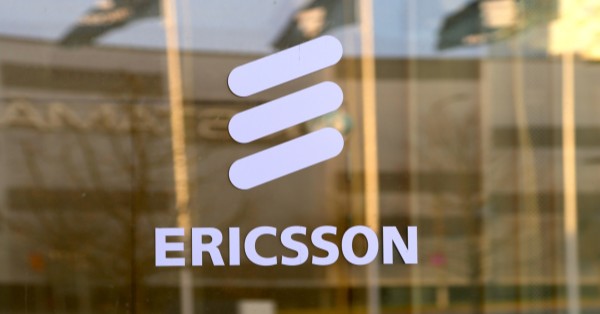Ericsson and Vodafone’s 5G Mobile Private Network Solution
The sports landscape has rapidly evolved, with technology playing an integral role in this transformation. While there have been several game-changers, the Mobile Private Network, especially when powered by 5G, stands tall. In high-stakes sports like rugby, this technology ensures speed, reliability, and real-time data processing, making it indispensable.
Central to this technological transformation is the 5G Standalone Mobile Private Network (MPN) solution developed by industry leaders Ericsson and Vodafone. Unlike conventional networks prone to lags or congestion, this MPN offers dedicated, high-speed connectivity, setting it apart from its counterparts.
The collaboration with the Irish rugby team showcases the solution’s prowess. Integrated artificial intelligence processes video streams in real-time, gleaning insights and patterns that can be instrumental in-game strategies. This isn’t just data analytics; it’s a new era of sports intelligence powered by Mobile Private Networks.
Redefining Analysis: The 5G-Integrated Drone’s Role
The partnership introduces a 5G-connected drone, a collaborative venture of Ericsson and Vodafone. This drone provides an aerial perspective, capturing unique angles and offering a comprehensive view of the game dynamics.
With the capabilities of the Mobile Private Network, these high-resolution captures from the drone are instantly accessible, ensuring analysts don’t miss any critical game moments. In a sport as fast-paced as rugby, such insights can be the difference between victory and defeat.
The Global Potential: Beyond Rugby with Ericsson and Vodafone’s 5G MPN
The implications of the 5G Mobile Private Network extend far beyond rugby. The combined expertise of Ericsson and Vodafone can revolutionize other sports, from basketball to tennis. The high-speed data processing and real-time analytics provided by the MPN can redefine coaching methodologies, game strategies, and player training regimes.
Additionally, fans stand to gain immensely. Imagine leveraging the power of 5G to enjoy immersive experiences, whether it’s a VR tour of the stadium or an AR-enhanced match viewing.
Conclusion: The Future Paved by Ericsson, Vodafone, and 5G
The alliance between Ericsson, Vodafone, and the IRFU isn’t just a fleeting partnership for a tournament. It marks a new era in sports, underpinned by the might of the Mobile Private Network powered by 5G. As the world keenly watches the 2023 Rugby World Cup, it won’t just be about the matches but also about this trailblazing trinity of sports, technology, and innovation.



























